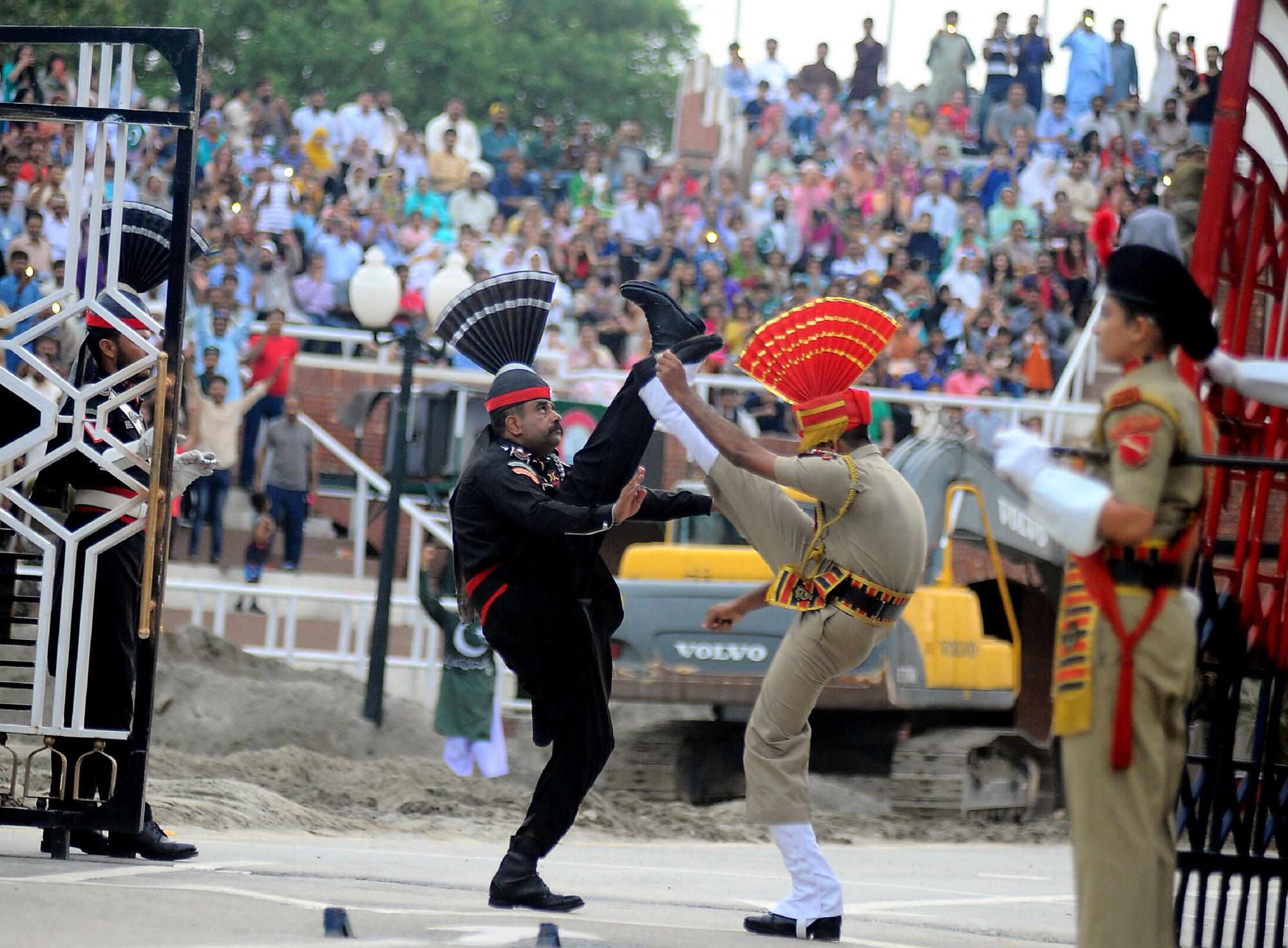In the middle of World War II, with the United States pressuring Britain to loosen its colonial grip on India, Winston Churchill issued a bitter prophecy. "Take India if that was what you want! Take it, by all means!" the British prime minister raged to a U.S. diplomat in Washington. But, he argued, only British rule kept the subcontinent's Hindus and Muslims from each other's throats: "I warn you that if I open the door a crack, there will be the greatest bloodbath in all history; yes, bloodbath in all history."
Events would exceed Churchill's worst imaginings. Exactly 70 years ago, after nearly two centuries in power, the British divided their imperial "jewel" into two nations: India and Pakistan. Riots did indeed break out along the newly carved border, especially in the northwestern province of Punjab, the region's breadbasket. Muslims on one side, and Hindus and Sikhs on the other, laid into one another with rifles, swords, scythes and spears. Mobs roamed the Punjab's verdant fields on foot and horseback — raping women and hacking off their breasts, smashing babies against tree trunks, mutilating men and setting villages alight. As many as a million people may have been slaughtered in a matter of weeks.
What should give today's leaders pause, though, isn't that Churchill was right, but that he was wrong. Hindus and Muslims weren't destined to fight, whatever their long and bloody history on the subcontinent had been.


















With your current subscription plan you can comment on stories. However, before writing your first comment, please create a display name in the Profile section of your subscriber account page.